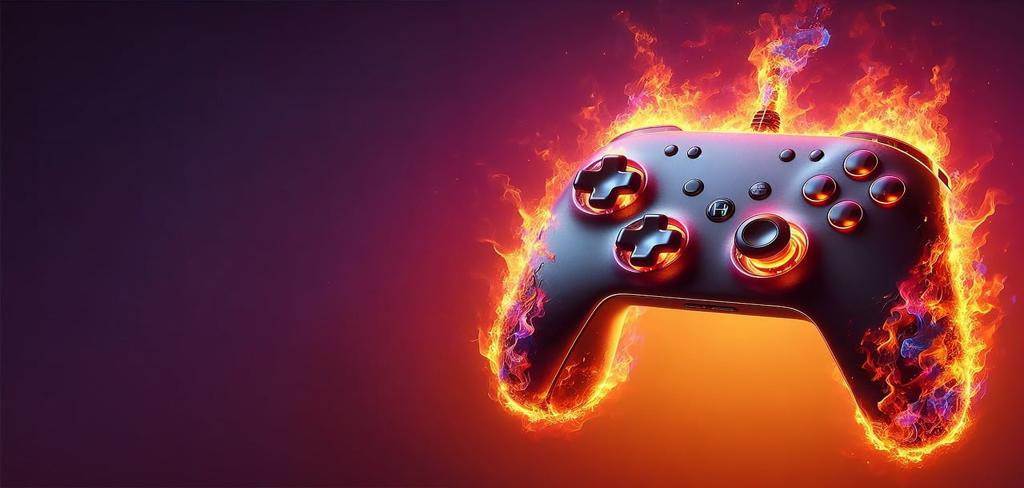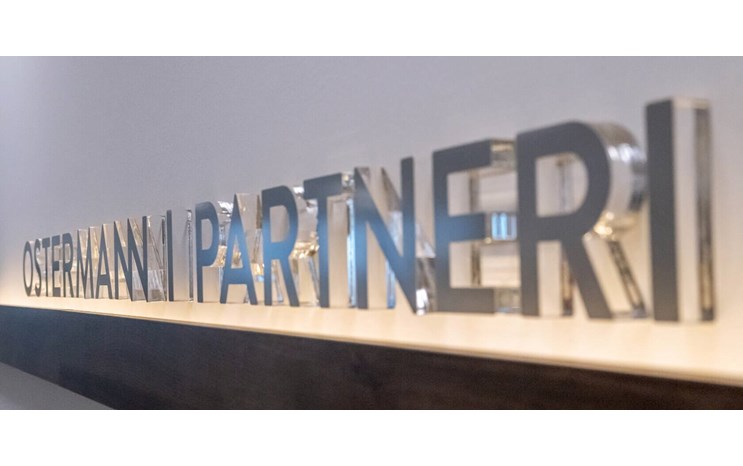Game Cheats – Unfair Play and a Costly Copyright Infringement
Insights
Designing a game isn’t just about code—it’s about creativity, strategy, and countless hours of hard work. So when someone undermines that effort by creating cheats or hacks, it’s more than just frustrating—it can disrupt the creator’s vision and even their revenue. Worse, it often crosses into serious legal territory, including copyright infringement. Game cheats may seem like harmless shortcuts, but for developers, they can be anything but.
Cheat codes, trainers, mods…there are many different methods of altering a game and changing the experience in a way not originally intended by its creators. Some methods only modify a game’s memory temporarily while it runs and others change its code. Although some enhancements and expansions are welcome, there are many cases which can end up at court, exhausting the participants both time- and money-wise.
Understandably, game creators want to retain control over any alterations of their product, prevent third parties from unfairly profiting from their copyrighted software and protect their players (and ultimately their business model) against cheaters who spoil the fun. On the other hand, development of game plugins fosters greater innovation and user customization in gaming and other software sectors.
The decision whether a cheat or modification will be considered unlawful depends on different factors, as has been clarified in several landmark decisions by both EU and national courts. For instance, in Sony v. Datel, the CJEU found that, as long as the source code and object code remain untouched, game creator has no claim to ensure their programs are run as originally intended, at least not under Directive 2009/24/EC which provides specific copyright protection of computer programs. Since Datel’s software only modified the values of temporary variables that Sony’s game created and stored in the PSP’s RAM, they were in the clear. However, there are alternative strategies for legal protection.
The German Supreme Court, for example, prohibited the use of “buddy-bots” in the online multiplayer game World of Warcraft on grounds of unfair competition law, since cheating may drive off other (fair) players, damaging the reputation of the game and slashing the creator’s profits. The multimillion dollar case Bungie v. AimJunkies (selling cheats for Destiny 2) had a similar outcome, although the judge based the decision on the consumer protection laws.
The answer to the question if a modification is forbidden or not can sometimes be found in general copyright laws (which may also protect GUI, storyline, functionality) or the game’s licensing agreement, as was the case in Activision v. EngineOwning where Activision was awarded a whooping $14.5 million in damages plus legal fees as a result of EngineOwning selling cheat software for the megapopular Call of Duty.
To wrap things up, the (anti)cheats startup pack would be: know your copyrights, check your EULA and protect your trademark.
Image by David Gallie from Pixabay
Cheat codes, trainers, mods…there are many different methods of altering a game and changing the experience in a way not originally intended by its creators. Some methods only modify a game’s memory temporarily while it runs and others change its code. Although some enhancements and expansions are welcome, there are many cases which can end up at court, exhausting the participants both time- and money-wise.
Understandably, game creators want to retain control over any alterations of their product, prevent third parties from unfairly profiting from their copyrighted software and protect their players (and ultimately their business model) against cheaters who spoil the fun. On the other hand, development of game plugins fosters greater innovation and user customization in gaming and other software sectors.
The decision whether a cheat or modification will be considered unlawful depends on different factors, as has been clarified in several landmark decisions by both EU and national courts. For instance, in Sony v. Datel, the CJEU found that, as long as the source code and object code remain untouched, game creator has no claim to ensure their programs are run as originally intended, at least not under Directive 2009/24/EC which provides specific copyright protection of computer programs. Since Datel’s software only modified the values of temporary variables that Sony’s game created and stored in the PSP’s RAM, they were in the clear. However, there are alternative strategies for legal protection.
The German Supreme Court, for example, prohibited the use of “buddy-bots” in the online multiplayer game World of Warcraft on grounds of unfair competition law, since cheating may drive off other (fair) players, damaging the reputation of the game and slashing the creator’s profits. The multimillion dollar case Bungie v. AimJunkies (selling cheats for Destiny 2) had a similar outcome, although the judge based the decision on the consumer protection laws.
The answer to the question if a modification is forbidden or not can sometimes be found in general copyright laws (which may also protect GUI, storyline, functionality) or the game’s licensing agreement, as was the case in Activision v. EngineOwning where Activision was awarded a whooping $14.5 million in damages plus legal fees as a result of EngineOwning selling cheat software for the megapopular Call of Duty.
To wrap things up, the (anti)cheats startup pack would be: know your copyrights, check your EULA and protect your trademark.
Image by David Gallie from Pixabay



